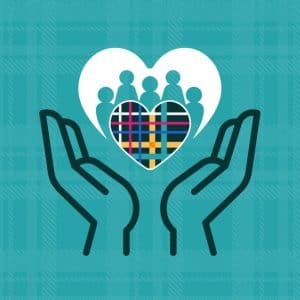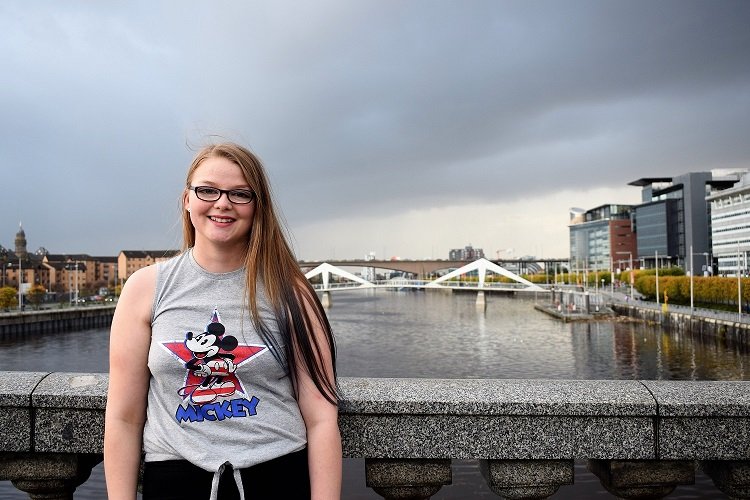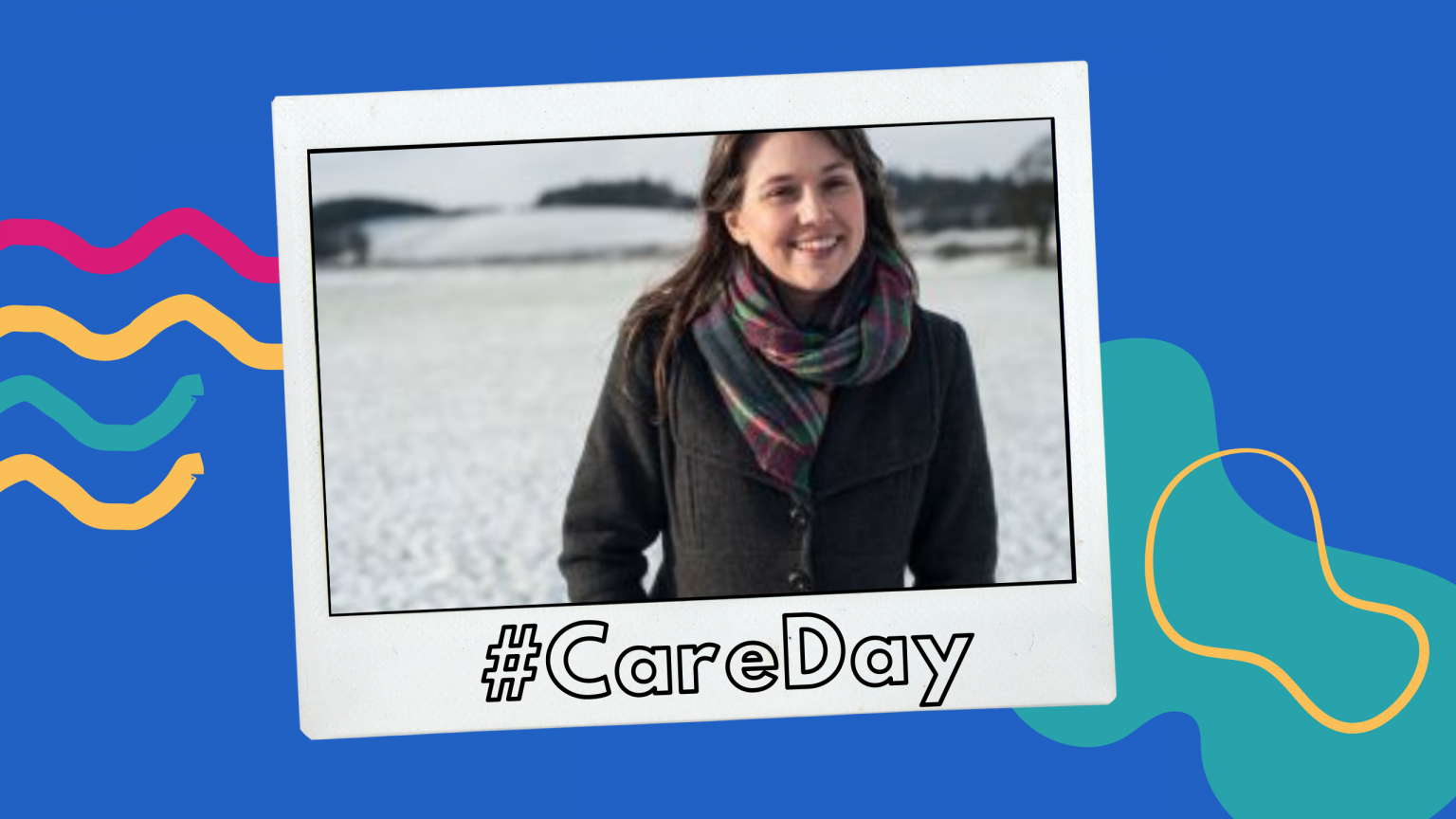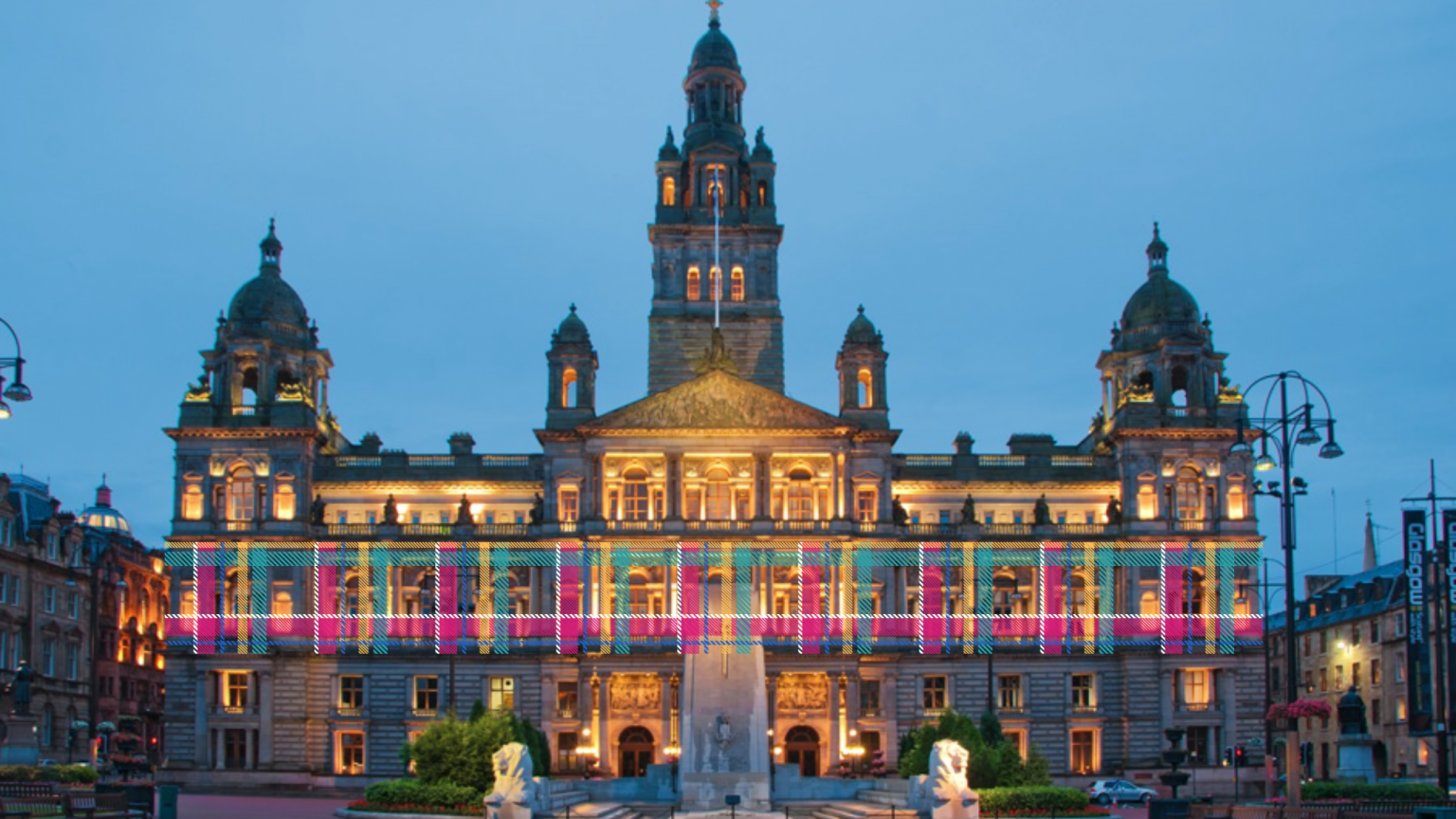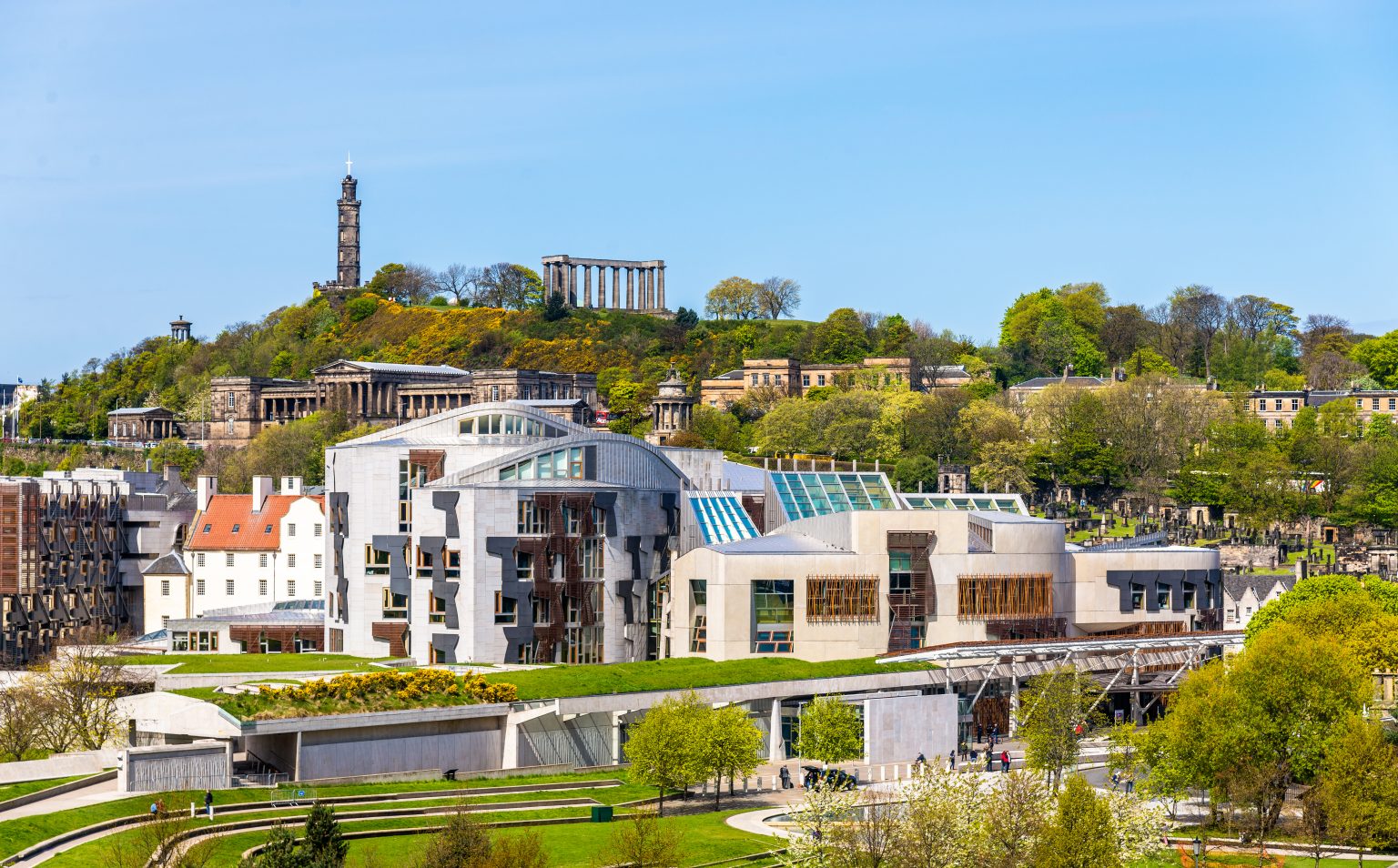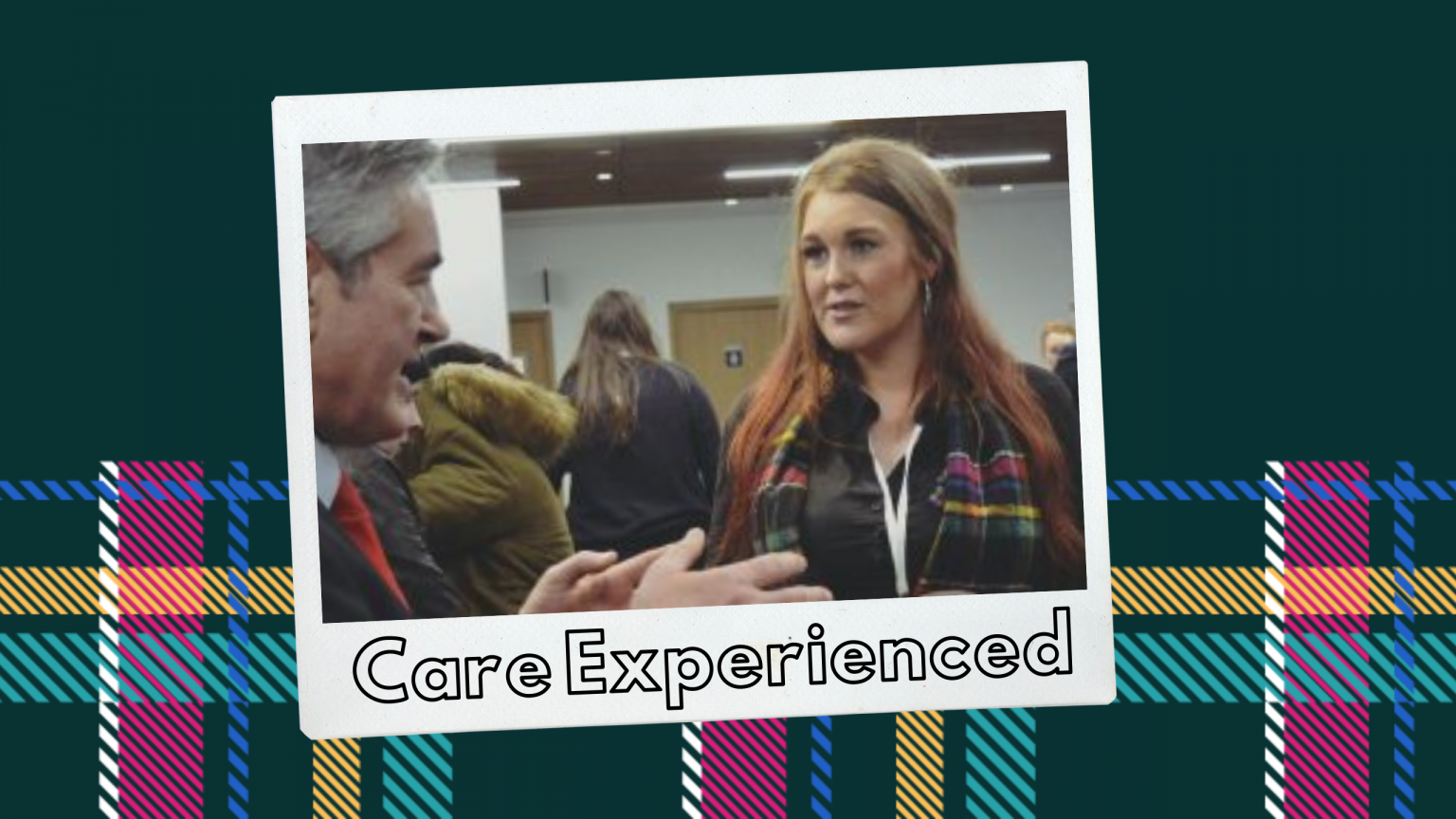When I think about respect, I think about how we treat each other. Respect is about what we think others deserve, it’s about listening to what people have to say, and championing their cause.
It took me a long time to realise that I deserved respect. Now I know I should have access to a loving home, equal opportunities, and be able to exercise my rights as a member of our society. This is the level of respect young people in care deserve, and as a member of the Scottish Youth Parliament, it’s something I’m really passionate about.
According to the UNCRC, the United Nations Conventions on the Rights of the Child, we’re entitled to express our views freely. We’re entitled to privacy, protection from injury, abuse and neglect. We’re entitled to the highest attainable standard of health, an adequate standard of living, and to be educated to our fullest potential. We’re also entitled to physical and psychological recovery and social reintegration if we’ve suffered abuse or neglect.
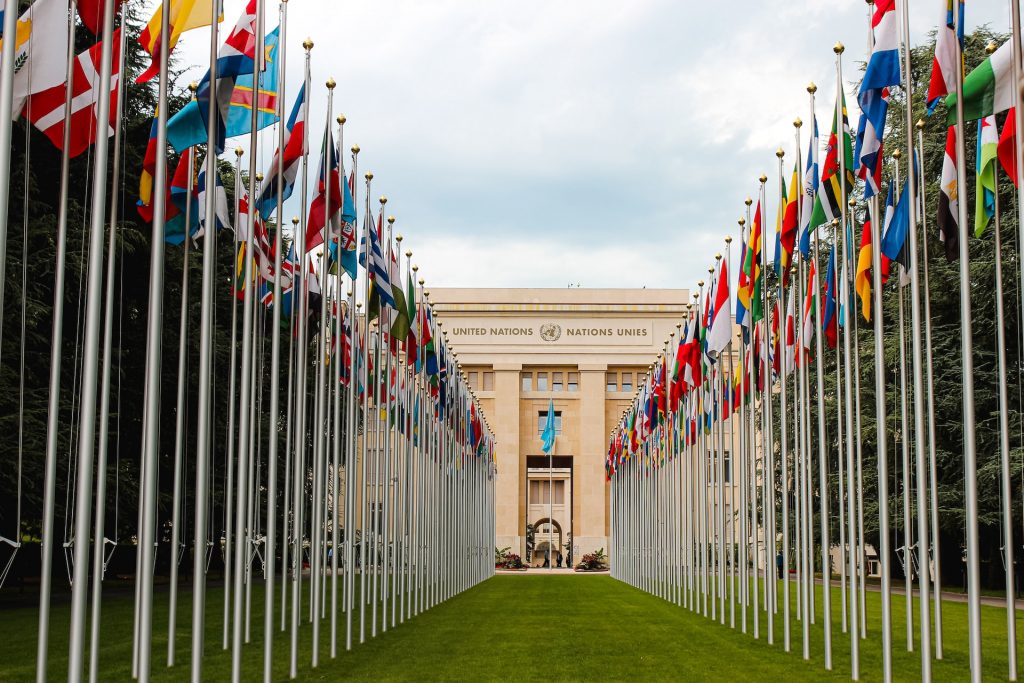
These rights have beautiful sentiment, but as a Care Experienced young person, I often see them undermined. At school, I used to cause trouble. Sometimes I felt like the teachers didn’t see past my bad behaviour to the fact that I was just calling out to be loved.
I’m now in university, but sometimes I feel this is in spite of my educational experience, not because of it. I know young people like me, who have waited for months, even over a year, for mental health treatment.
I know that our outcomes are unacceptable, that we’re high risk for homelessness, and are over represented in prison. Is this the life, and respect, we want to show our Care Experienced population?
There are so many misconceptions about what it means to be in care. Often, people think we’re bad, or that we’ve done something wrong to end up where we are. I told a friend in school that I was in care, and she didn’t speak to me for weeks afterwards. I found out later that her Mum had told her I must be a trouble maker, and to stay away from me. I’ve had conversations with people who have asked me why my parents didn’t love me, or said that they must have been horrible people to have us taken away.
All it takes is one conversation with a young person like me, to realise that these misconceptions aren’t true. There’s no one kind of Care Experienced person, we’re all individuals. The majority of us end up in care because of abuse or neglect, we haven’t done anything to deserve the situation we’re in. Our lives before care were probably very challenging, but life in care can be really difficult as well. Our rights are challenged in all kinds of ways, like being separated from our brothers and sisters, and moving around between different homes at a moment’s notice.

Respect is something we’re always showing, or not showing. It’s something we let others know, even if we don’t say it. We all pick up on it, and for me, I internalise it from all around. I know staff members who have made me feel bad about myself, and the place I’ve come from. I also know staff members who have empowered me to speak out and have listened to me. When I’ve been allowed to exercise my right to express myself, it’s totally changed how I cope with the world.
Self-respect can have such a huge impact for young people in care. It means the ability to fight back when you know you’re not being treated right. It means understanding what you deserve, and making sure you’re heard. It also means tackling discrimination.
The better we think of ourselves, the better other people will think of us, too.
Care identity was hidden for a long time, but now it’s out, because we own it. Now we’re united, it’s easier to demand the respect we deserve. That goes for our rights, too.
We deserve the same opportunities as every other young person, we deserve to be recognised as a group that needs specific protection, and have all the support we need to achieve success. Not just success for us, but success compared to everyone else.
I used to really worry about being care experienced, and being a girl. I knew that people treated me differently because of those things, and that they made me vulnerable. Now, I’ve found strength that I didn’t know I had. I can embrace my care identity for what it is, be proud, and demand others feel the same way. I still have a long way to go to overcome my past, but I wouldn’t change anything. It’s made me who I am, and if I can respect that, everyone else should, too.


